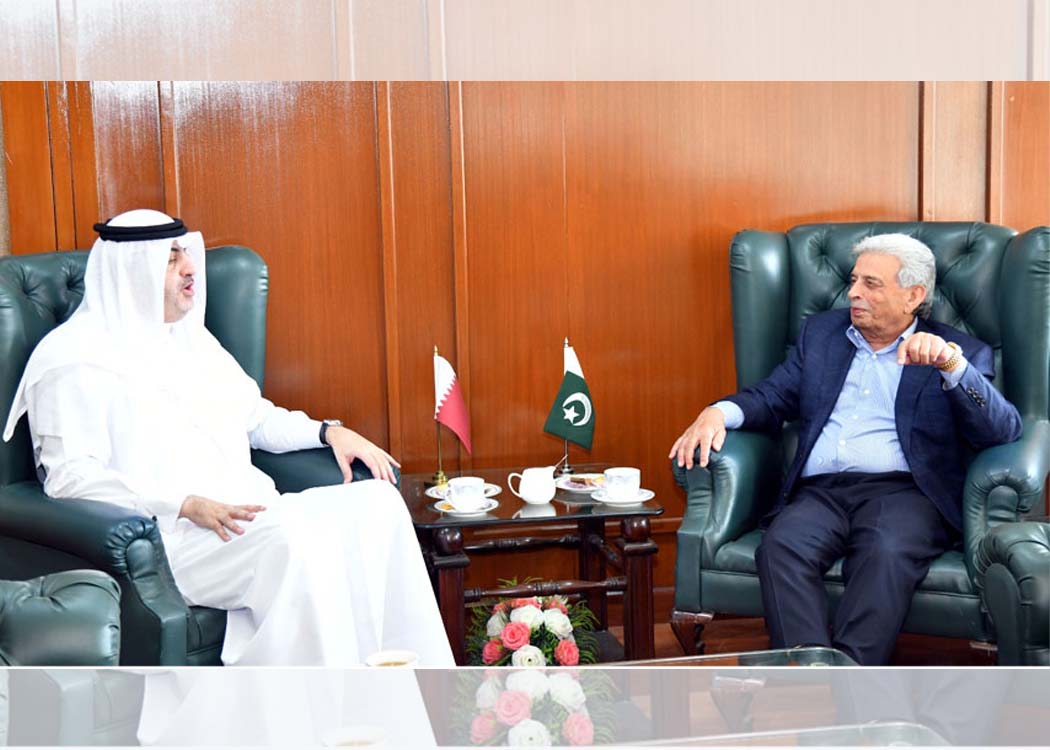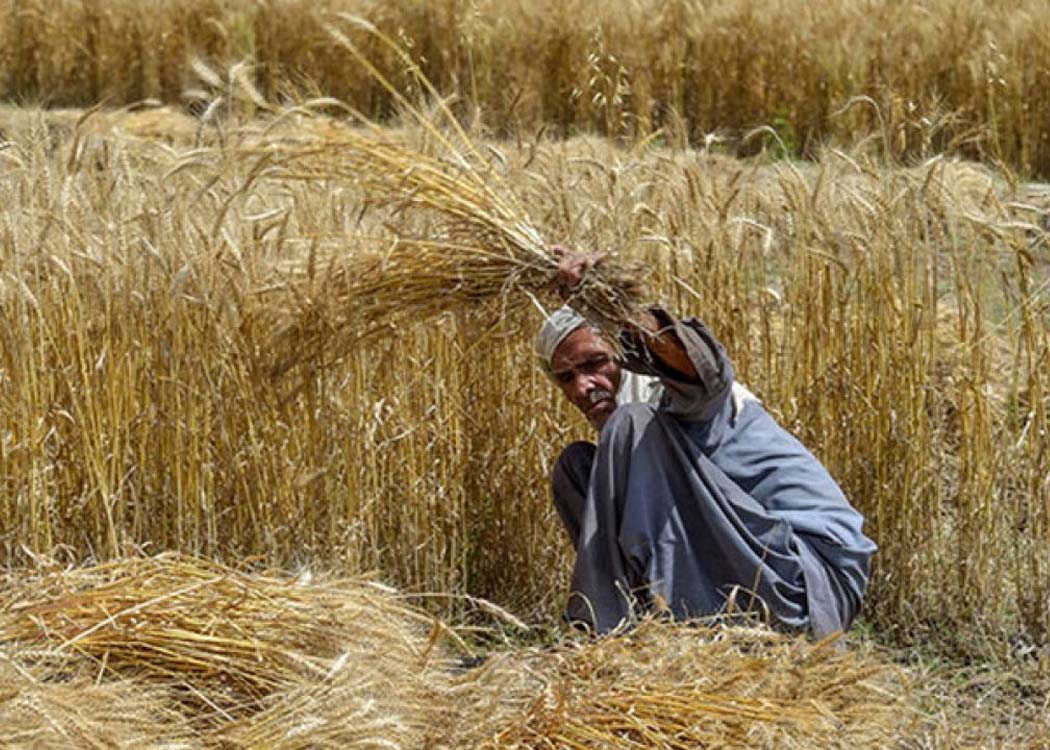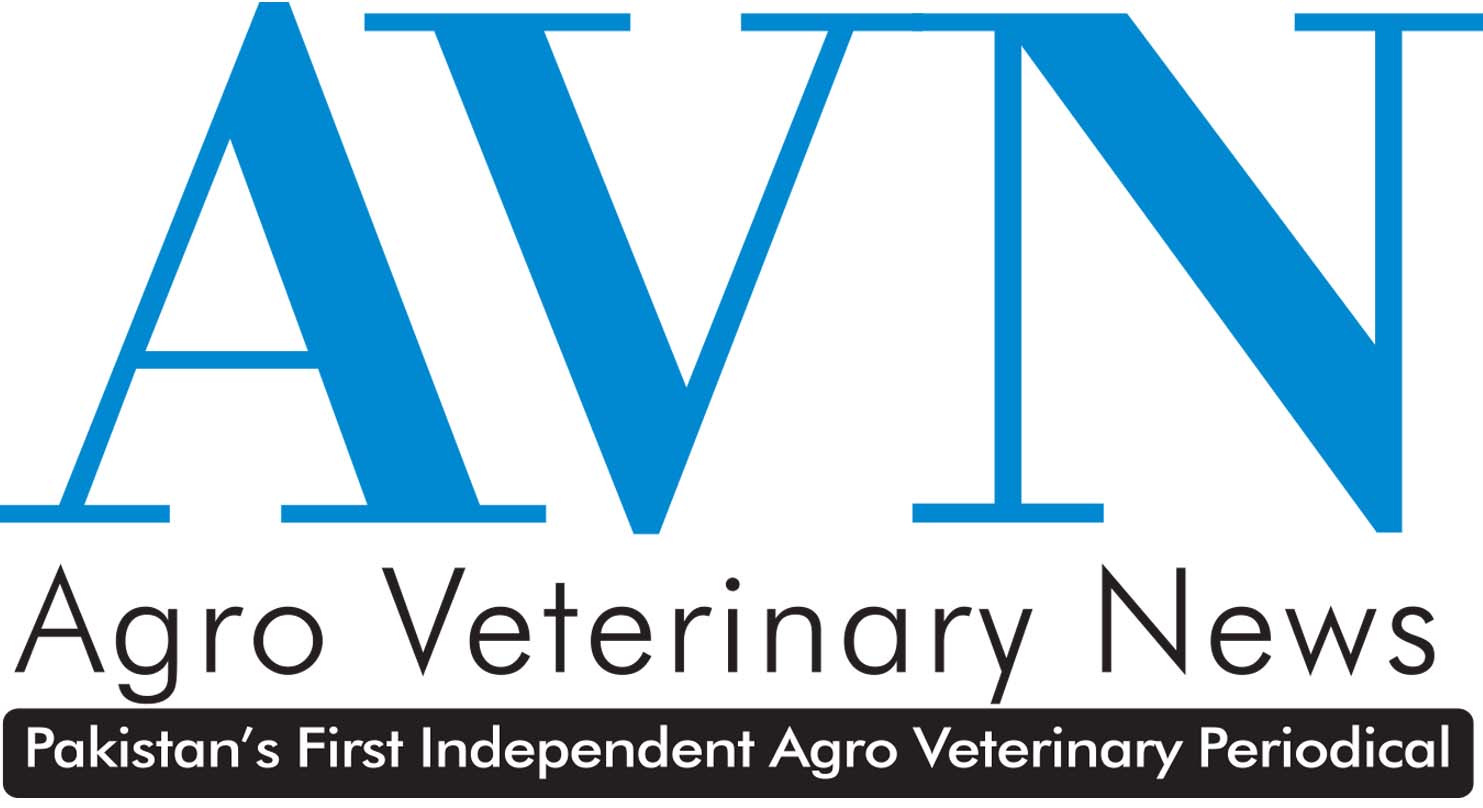Meeting between Pakistan’s Food Security Minister and Qatari Ambassador highlights new investment opportunities and plans for joint working group in agriculture.
ISLAMABAD: Pakistan and Qatar have agreed to strengthen their economic partnership by enhancing cooperation in the agriculture and food sectors, with a focus on business-to-business collaboration. The understanding was reached during a meeting between Minister for National Food Security and Research Rana Tanveer Hussain and Qatari Ambassador to Pakistan Ali bin Mubarak Al Khater in Islamabad on Wednesday.
The meeting centered on promoting bilateral cooperation in the agriculture sector and converting the two countries’ longstanding fraternal relations into a more dynamic economic partnership.
Rana Tanveer Hussain emphasized Pakistan’s potential to supply high-quality halal meat, fruits, vegetables, rice, and livestock fodder to Qatar. He proposed the establishment of a joint working group on agriculture to develop a structured framework for cooperation and identify key projects for mutual benefit.
The Minister also briefed the Qatari envoy on Pakistan’s new and emerging agricultural products, including the production and export of camel milk powder, which has strong market potential in Gulf countries. He invited Qatari investors to explore opportunities in Pakistan’s agriculture and livestock sectors, assuring them of full facilitation under the government’s business-friendly policies.
The Qatari Ambassador reaffirmed his country’s commitment to further strengthen ties with Pakistan and acknowledged the vast agricultural resources and skilled workforce available in Pakistan. He noted that these strengths align closely with Qatar’s Food Security Vision 2030, which aims to ensure sustainable food supply and self-sufficiency.
Ambassador Al Khater also revealed that the Qatari Minister of Commerce will soon visit Pakistan to discuss new investment opportunities and further expand economic engagement between the two nations. This renewed focus on agricultural collaboration is expected to open new avenues for trade, investment, and technology transfer, contributing to food security and economic growth in both countries.





